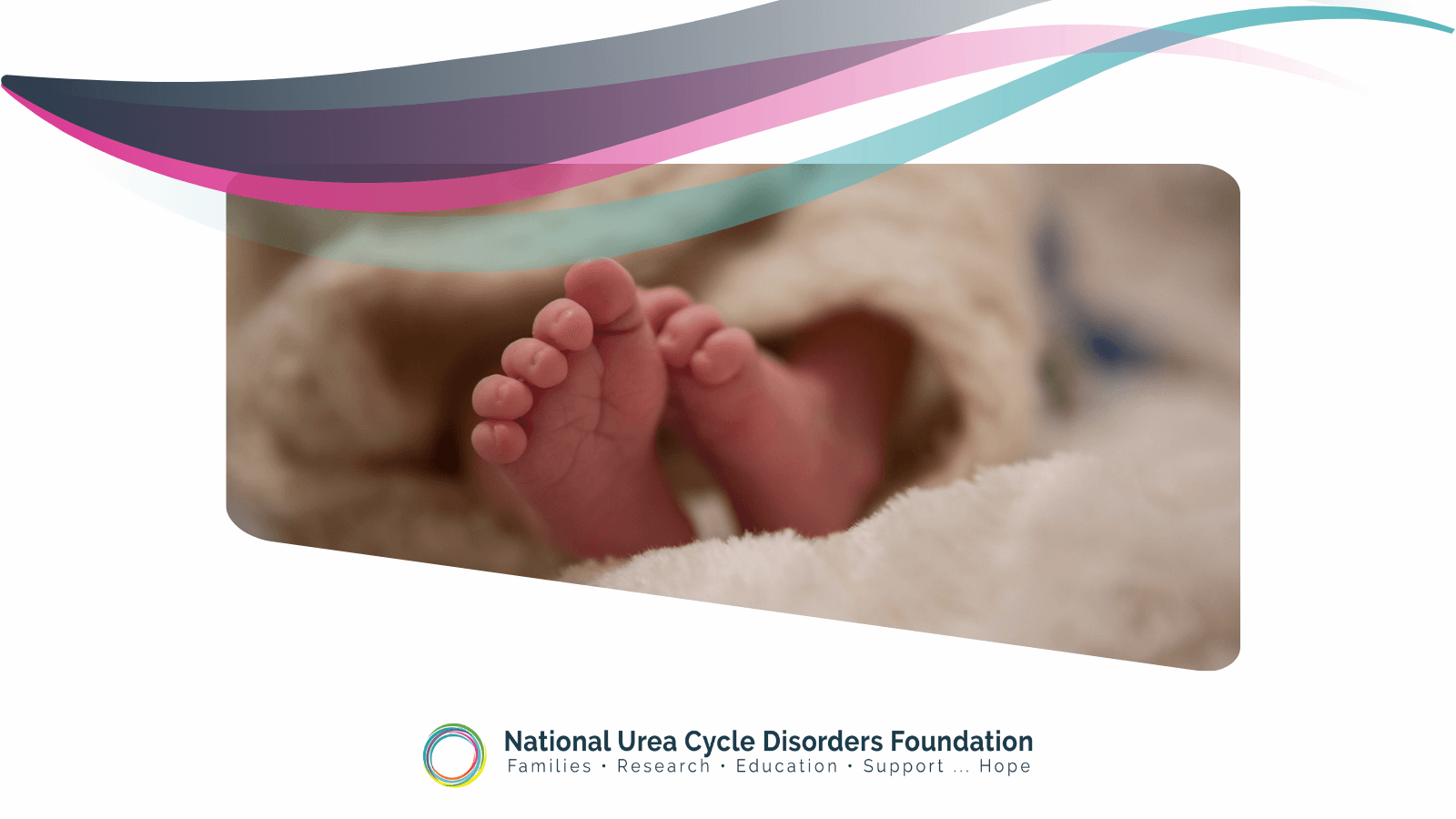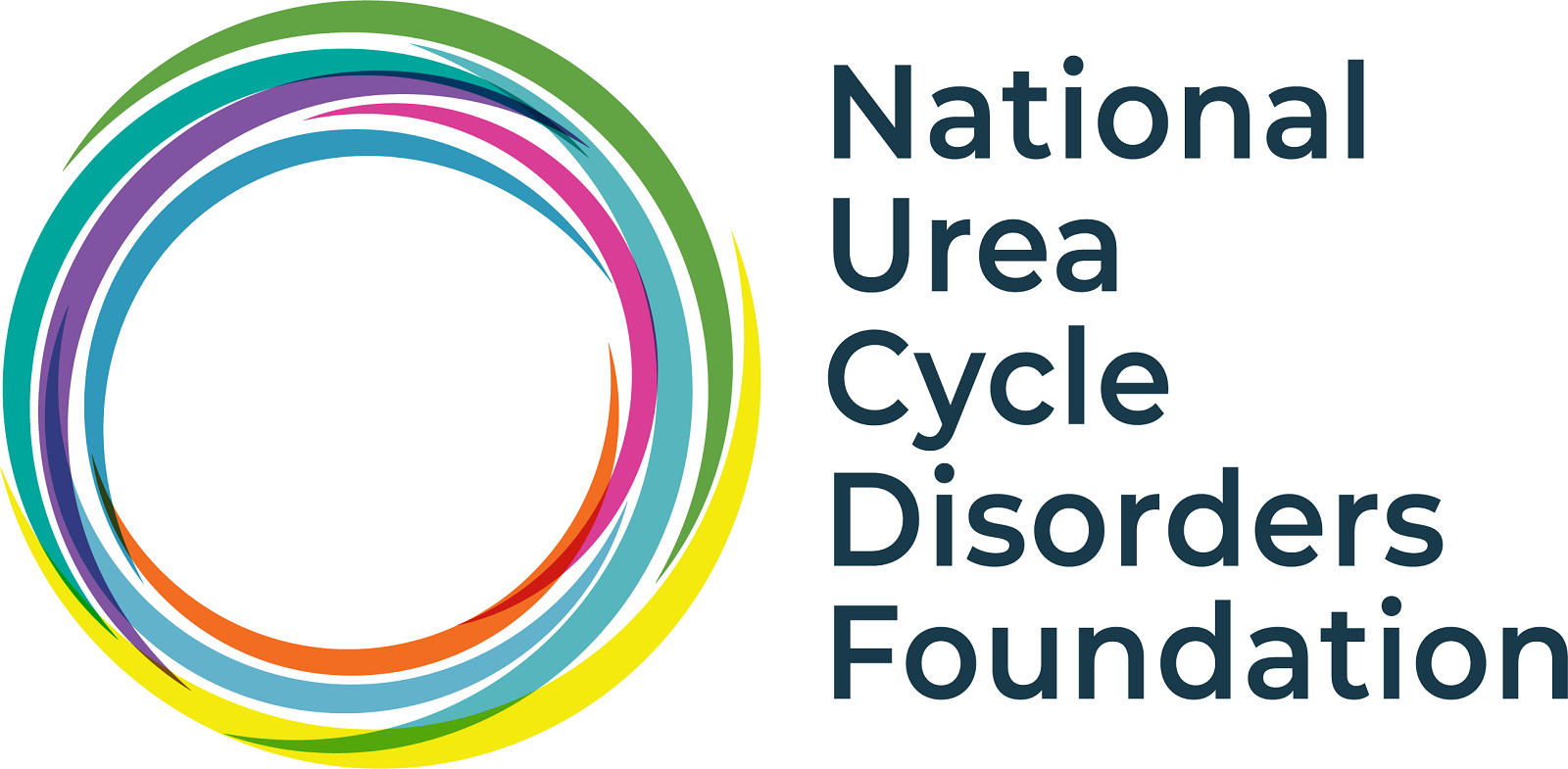
For more than 60 years, public health newborn screening programs in the United States have worked to identify babies at risk of serious but treatable conditions and connect them to appropriate care. More than 98% of infants now receive dried blood spot screening, which identifies thousands of babies annually for timely interventions. A new report published by the National Academies of Science, Engineering and Medicine on May 1 issued actionable recommendations designed to preserve and enhance this critical public health program.
The report, “Newborn Screening in the United States: A Vision for Sustaining and Advancing Excellence,” is available here. A one-pager for families and the rare disease community is also available at that link.
The report’s key recommendations focus on establishing an aligned national vision, advancing program excellence, earning public trust, and preparing for the future. It calls on the Department of Health and Human Services to create a 10-year strategic plan for newborn screening drawing on wide-ranging input from the many groups affected by the program.
For more than 20 years, NUCDF has been at the forefront of advancing newborn screening for inborn errors of metabolism. Starting in 1999, NUCDF organized efforts to mandate state newborn screenings. Many of our members played a pivotal role in securing screening of specific urea cycle disorders, many after their own children had passed away or suffered permanent disability due top diagnostic delays. We are grateful for their efforts.
Three of the eight types of urea cycle disorders are now included in most of the state-level newborn screening panels: arginosuccinate lyase (ASL) deficiency, citrullinemia, and arginase deficiency.
The National Academies report comes at a time of uncertainty for newborn screening programs. Earlier in April, the Advisory Committee on Heritable Disorders in Newborns and Children (ACHDNC) was terminated by the Department of Health and Human Services. This volunteer committee advised the Secretary of Health and Human Services about issues related to newborn screening, including which disorders should be included in the Recommended Uniform Screening Panel (RUSP).
Earlier this year, the National Organization of Rare Disorders (NORD) released a policy paper outlining policy principles and recommendations to fortify public trust in the U.S. newborn screening system. NUCDF helped support the development of that report.
NUCDF commits to join with the larger rare disease community on efforts to continue and enhance this important work.
